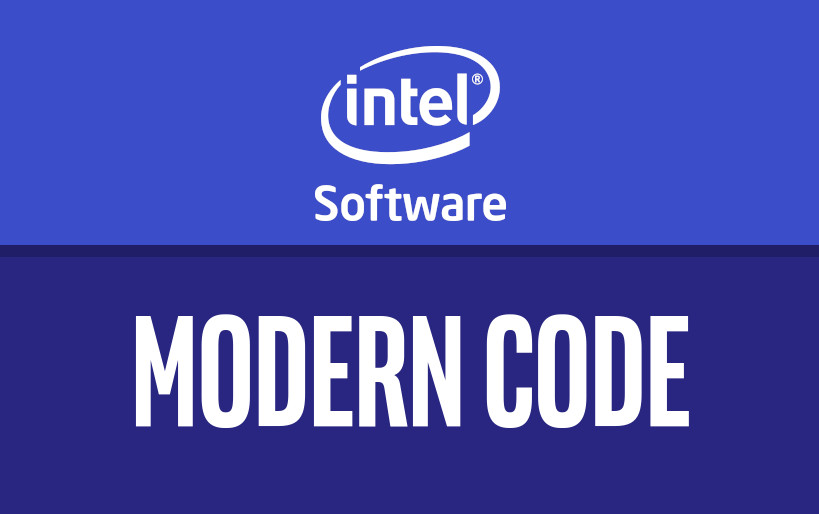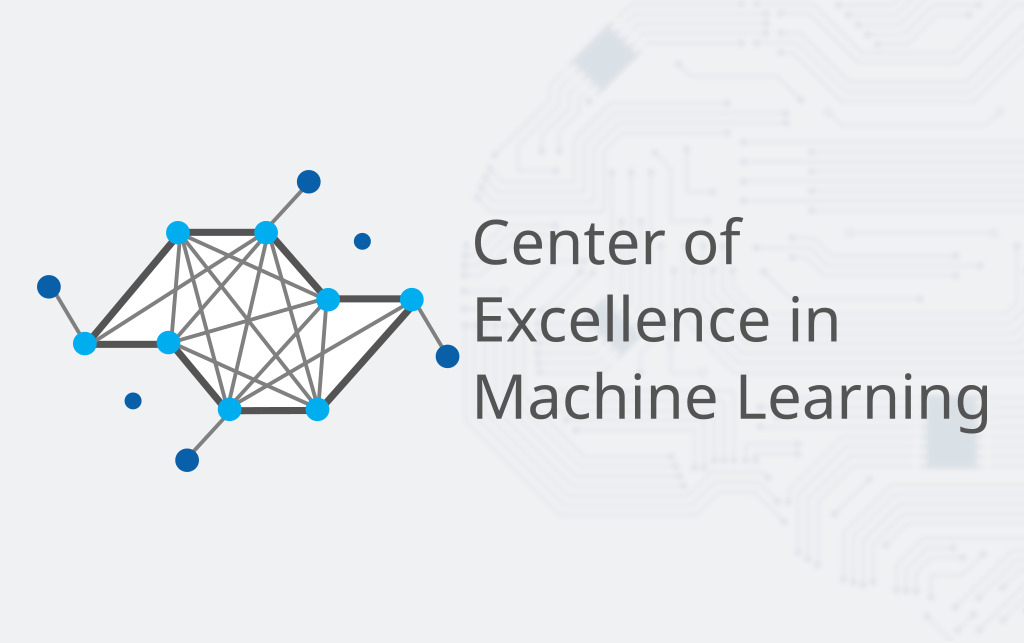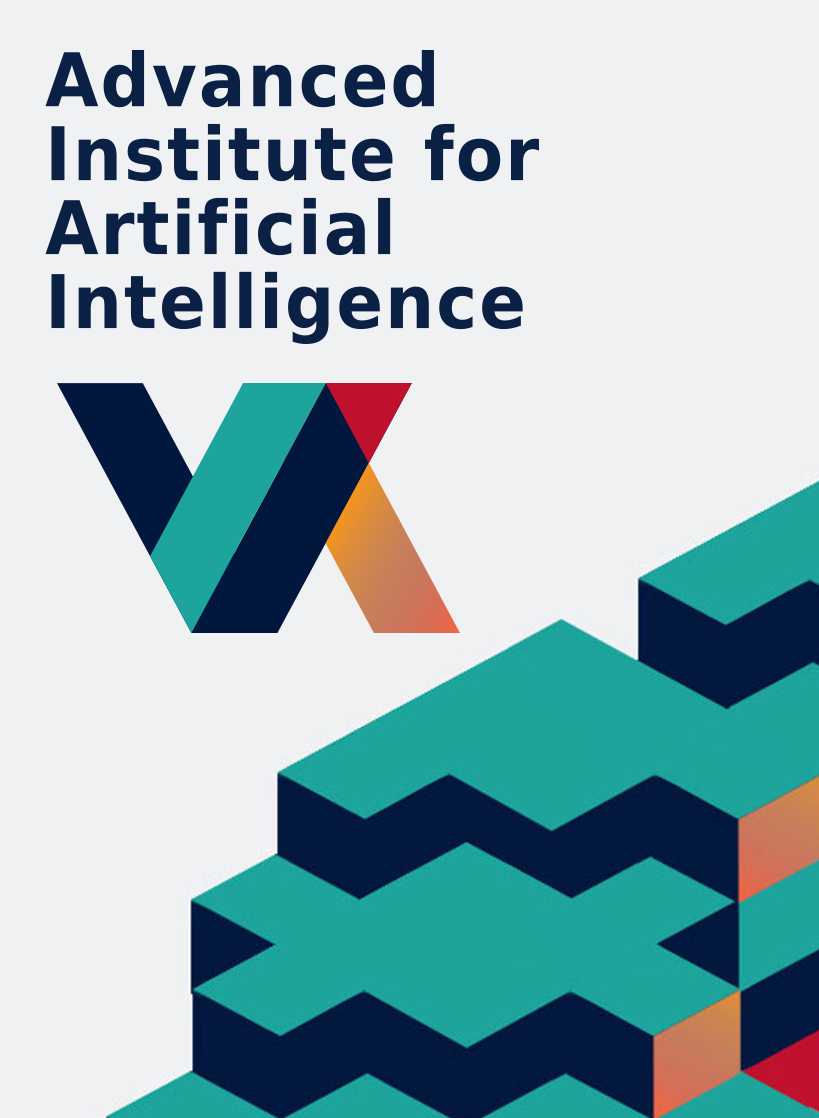
Over the years, SPRACE has generated many spin-off projects. GridUnesp, for instance, is a Grid Computing infrastructure that was based on the topology of the WorldWide LHC Computing Grid (WLCG). Other spin-offs, such as the Intel Modern Code Project and the Center of Excellence in Machine Learning, were the result of collaborations between SPRACE and the private sector.
SPRACE also had the iniciative to create the Advanced Institute for Artificial Intelligence. This virtual institute aims to bridge gaps between the academia and the private sector in the Artificial Intelligence area, prioritizing projects with socio-economic impact.

GridUnesp
GridUnesp is a multi-campus Grid Computing infrastructure for the São Paulo State University (Unesp). It was the first campus Grid in Latin America built to provide processing power and storage resources to the researchers of Unesp.
GridUnesp is a spin-off of the SPRACE project that currently provides more than 3.000 CPU cores, 77 teraflops of computing power and 288 TB of storage. It is part of the Open Science Grid (OSG) cyberinfrastructure, being the first OSG Virtual Organization (VO) outside the USA. Since the system came to life, in Jan 2010, it produced more than 5.2 million simulations, corresponding to 180 million CPU hours.
Currently GridUnesp serves more than 80 research projects with more than 450 users. To learn more, register a new project or user, visit the Grid’s website by clicking here.
Modern Code Project
In 2015 SPRACE was awarded a grant from Intel to start the Intel Modern Code project. Our team was responsible for training courses, workshops and technical consultancy in parallel programming for Xeon, Xeon Phi and Xeon Phi Knights Landing architectures in Brazil and in other countries, such as France, Germany and Portugal. The aim was to transfer the knowledge acquired by our team in the use of multi-core processors to other institutions.
In total, more than 1,500 participants attended our courses and training. In 2015, during the Intel Innovation Week, our team received a prize from Intel for the excellence of our training.


Machine Learning
In 2017, in a new partnership with Intel, SPRACE became a Center of Excellence in Machine Learning (CoE-ML). These centers are part of the Intel AI Academy, a global initiative that fosters collaboration between the company and universities with the aim of teaching, training and developing research and applications in Artificial Intelligence.
Within the scope of this project, our team provides courses and workshops for the scientific community and software developers. In addition, Proofs of Concept (PoC) involving Machine Learning are conducted, such as classification of images using neural networks and performance analysis of tools optimized for Intel architectures.
Artificial Intelligence
The SPRACE group had the initiative to create the Advanced Institute for Artificial Intelligence (AI2). Artificial Intelligence (AI) is becoming increasingly important for high energy physics and its impact in society as a whole is going to be enormous in the near future.
Our main goal with the creation of this virtual institute is to provide to the private sector an access to highly qualified talents in the academia through an organizational structure that enables researchers to participate in challenging projects in association with the private sector. Facilitating interaction between the academia and the private sector is a major issue for innovation in Brazil and it is essential to boost the advancement of AI, increasing the interest of public policy makers on the strategic aspects of the area.
The initiative is open and inclusive with a transverse and non-profit nature. We are building a pool of AI specialists at universities and research institutes and bringing together a network of potential partners in the private sector who need AI expertise to leverage their projects and business.
We intend to prioritize projects with socio-economic impact, the so-called Digital Social Innovation. The financial support will be dedicated to the recruitment of human resources, organization of events, mobility of researchers. An association with this specific purpose is being created to give sustainability to the initiative.







